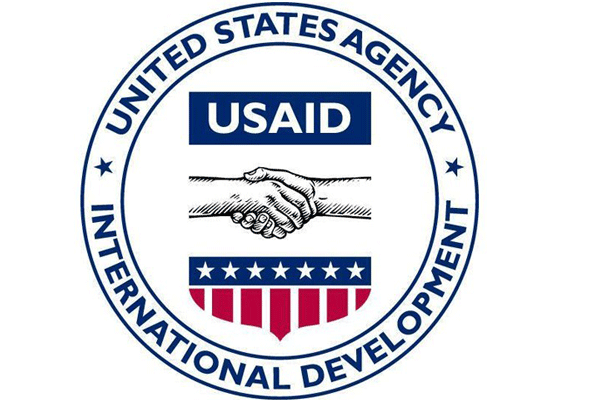
A UNITED States Agency for International Development (USAID)-backed project has generated $19 million in the first seven months of the year as young entrepreneur beneficiaries continue benefiting from resources provided to the body by donors.
BY TATIRA ZWINOIRA
The project — Zimbabwe: Works — leveraged off the resources of USAID, Department for International Development (DFID) and the Embassy of Sweden.
In emailed responses to NewsDay, USAID country director Stephanie Funk said her organisation categorised the youth they work with as either young entrepreneurs, employees of these entrepreneurs, or youth who have transitioned from part-time or unpaid work to full-time employment.
“Combining all of these categories of youth supported through Zimbabwe: Works gives a total net incremental income between January and July 2017 of over $19 million. In addition, in 2016, young business owners achieved incremental profit of over $21 million and created over 4 800 jobs for their fellow youth as a result of USAID support.”
As the tracking for income generated from the Zimbabwe: Works project continues to outpace last year’s total generation of $21 million, a total of $12,1 million to have been put towards supporting entrepreneurs and young professionals by year end.
Youths who are part of the programme are selected through a rigorous process which is implemented by the International Youth Foundation. Successful applicants are then assisted with getting loans from local businesses and micro finance institutions.
Funk said she was happy to note that Zimbabwe: Works helped increase access to loans in partnership with Zimbabwean micro credit associations to almost $380 000 in 2016. This was up from $63 875 in 2015, for 1 690 youth-led micro enterprises.
- Chamisa under fire over US$120K donation
- Mavhunga puts DeMbare into Chibuku quarterfinals
- Pension funds bet on Cabora Bassa oilfields
- Councils defy govt fire tender directive
Keep Reading
“We work with local Zimbabwean organisations that support business training for “soft skills” like professionalism, conduct, and time management, and entrepreneurial skills like business administration, record keeping, and financial bookkeeping,” she said.
“Using evidence based best practices in youth and entrepreneurship programming, the Zimbabwe: Works project incorporates a diagnostic tool to select young people with an entrepreneurial aptitude. The programme also takes a holistic approach to employment training and provides a comprehensive curricular in business management, life skills, and financial literacy.”
She said the project supports demand driven recruitment of young people with the right tertiary qualifications in partnership with formal businesses.











